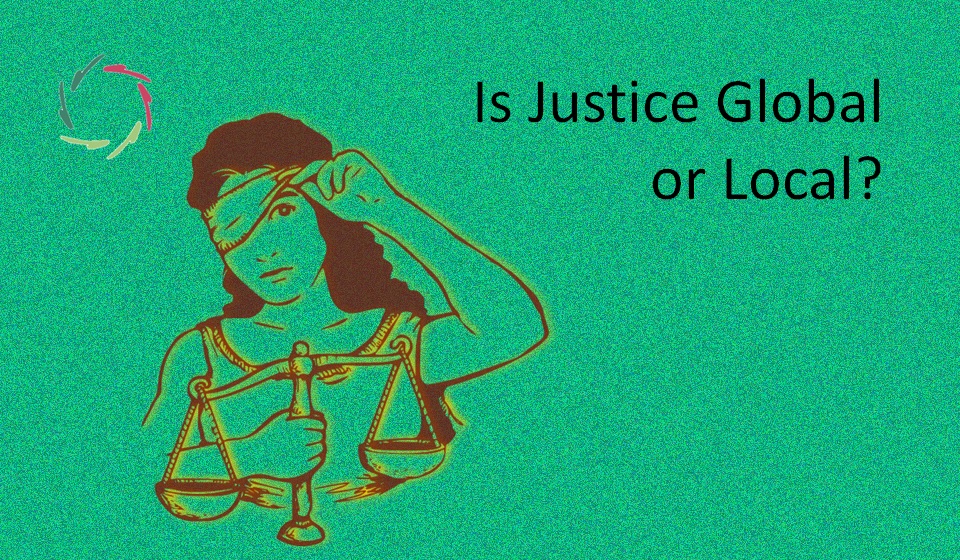Law and Intention!

People are important. Intentions are present within people. Laws are not.
The law
[Please read before this: ‘X or not X, versus: X or Y’]
Something parallel can be seen in many domains, such as in anything related to the law (on freedom of speech or anything else).
Mind: this is NOT about following or not following the law!
The importance of any specific law lies in its intention. Above that, there is the importance of following the law in order to have a well-running society. Below that, there is another issue related to the following:
The intention of law-making itself
Any law-maker starts from his own intention in ‘making a law’. Namely: he has the intention to make a law, then he makes one. His intention presides. Further on, he ‘makes that law’ with the intention to better the world, one way or another. Intention, intention, intention.
A law may be made as explicit as possible. Still, it’s the intention that counts. The difference lies in the law’s implicit content. This difference may be small but always present. It may also be huge according to circumstances.
Law-abiding is not the same as law-worshipping.
In view of intention-behind-law, it’s frequently the opposite. To respect the law is to think about it, not to put it on a pedestal never to be touched. Law-worshipping is law-abusing for ego-purposes.
‘Civic disobedience’ is a must in certain situations.
With common sense
There is a need for society to roll on and for people (individuals) to lead a life trusting that others will more or less live in similar veins. Otherwise, there is a lot of additional stress at individual and societal level. Say: we need not only specific laws, but also ‘lawfulness’ as in:
‘Law and order!’
One problem is that ‘Law and order!’ may quite easily get abused by politicians. Specifically in stressful times, people are vulnerable. This is one of many important reasons to strive for ‘Stressional Intelligence’ as a way to enhance inner strength [see: ‘Stressional Intelligence’]. The more vulnerable people are/feel, the more need they have for a multiplicity of laws (and order!).
This may push a society to ‘the right’ in ways and for reasons that are not appropriate, at least according to me and probably to many people at ‘the right’ themselves.
But indeed we also need ‘lawfulness’ which may arguably be more important in specific circumstances than any particular law by itself. An ancient example:
Socrates (5th century BC) chose for death by suicide
because he found ‘lawfulness’ of utmost importance. He was accused of corrupting Athens’ youth by making them think for themselves and sentenced to death. Despite his own logical objections and his friends’ heartbreaking implorations not to give in – and to flee the country – he chose for consistency with his own thinking – and ‘lawfulness’ – up to the final act. That deserves full respect although I don’t agree. Perhaps he should have read this blog-text first. Of course, it should have pleased me very much if it would have brought him to different ideas.
His final act was his choice of meaningfulness.
According to me, meaningfulness is most important.
‘Civic disobedience’ is a must in certain situations.


